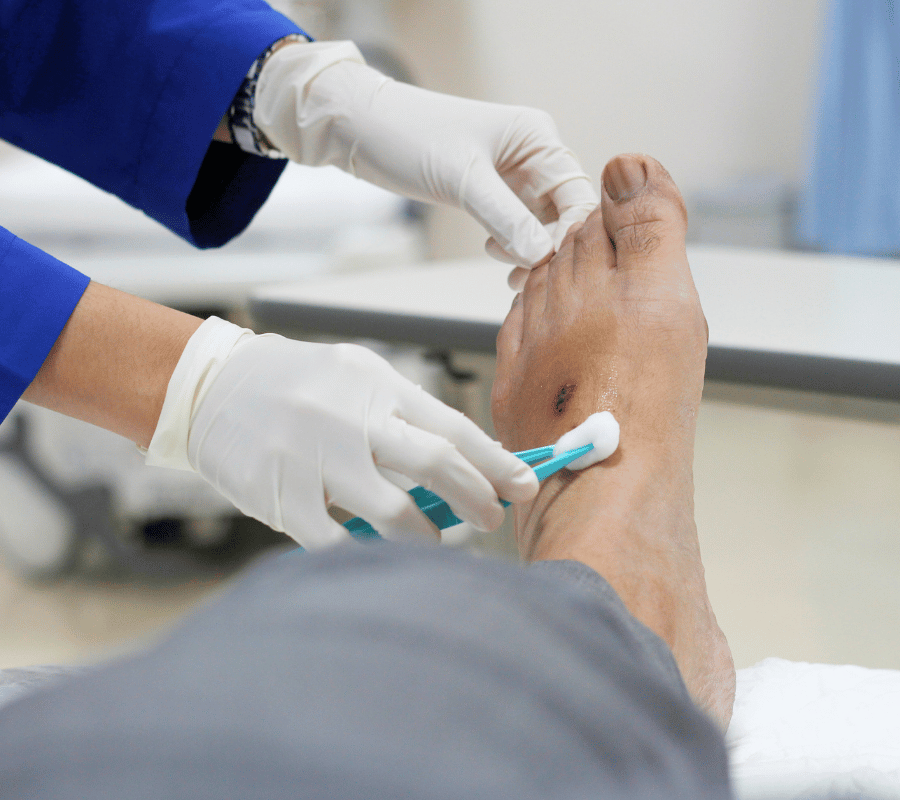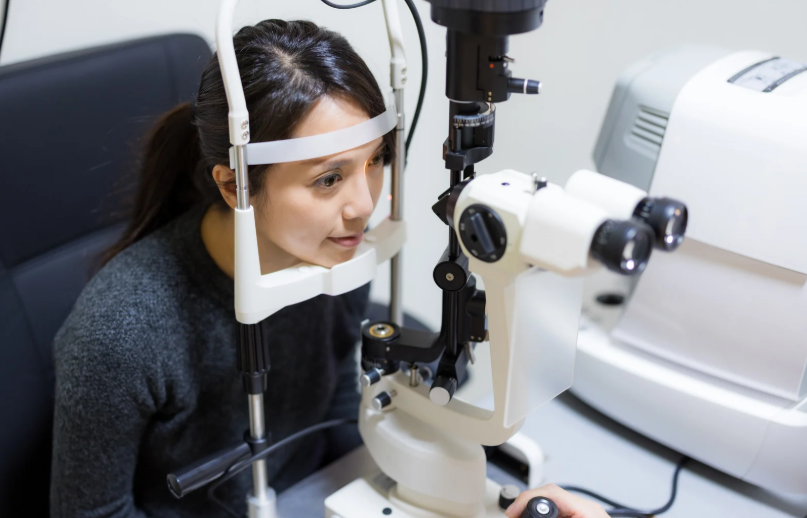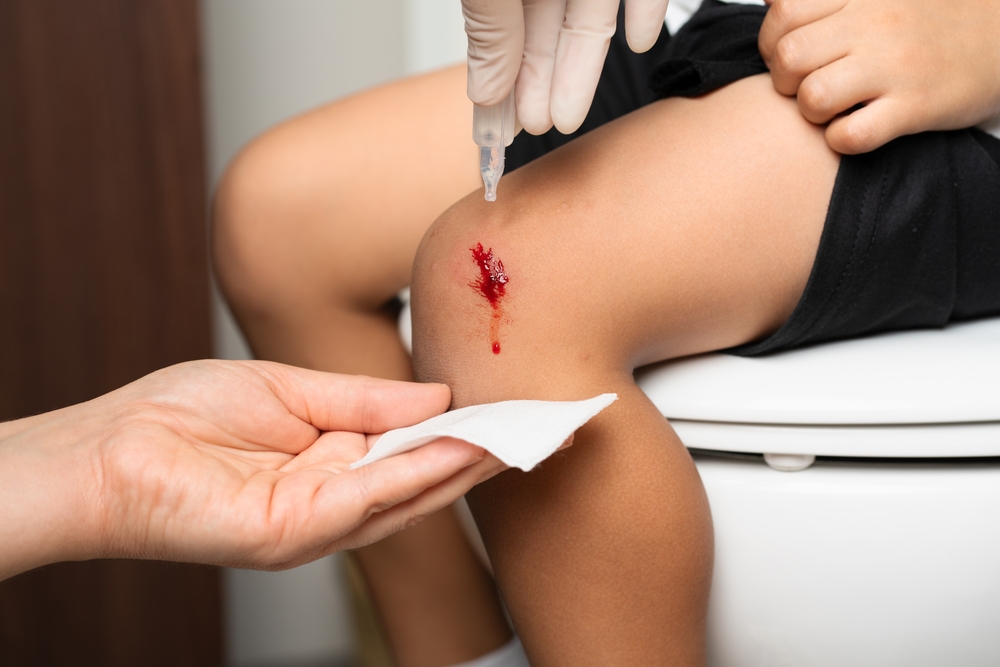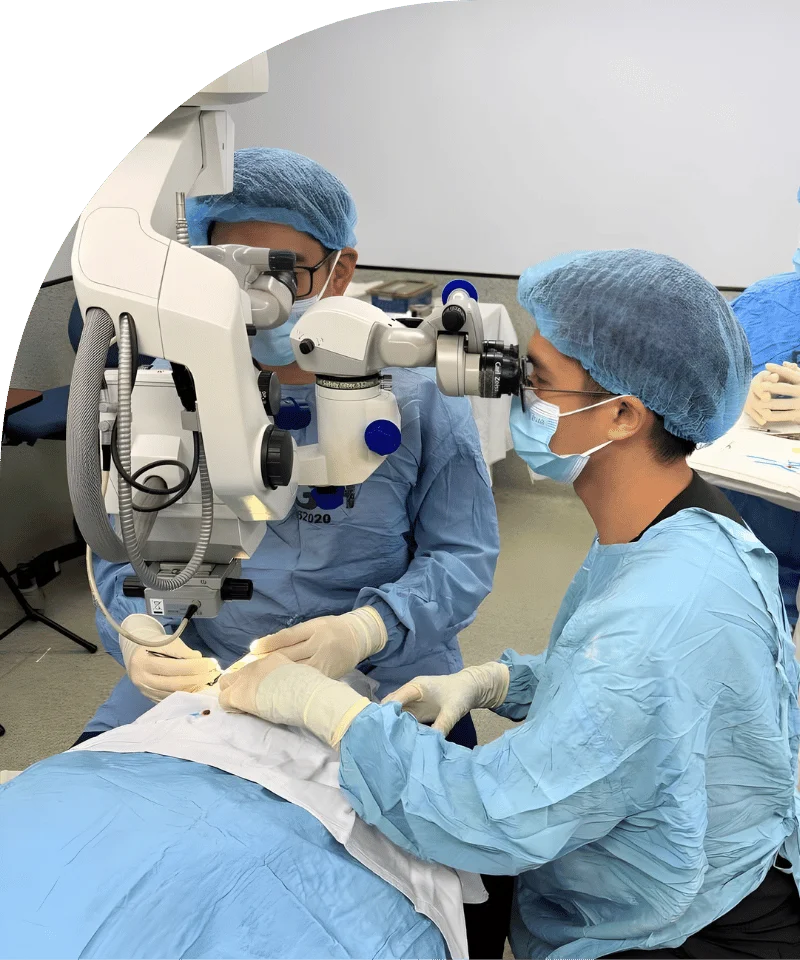Diabetic wounds can progress quickly and silently, often resulting in severe complications if not treated early. A diabetic wound doctor is specially trained to diagnose, treat, and manage wounds that do not heal properly due to diabetes. Prompt attention from a professional can mean the difference between full recovery and permanent damage. For patients looking for expert care, Kalingap Wound Care Clinic is the best place to turn for comprehensive, compassionate diabetic wound management.
What Is a Diabetic Wound Doctor?
A diabetic wound doctor is a medical professional who specializes in treating wounds that are complicated by diabetes. These specialists are trained to address the unique challenges diabetics face when healing—such as poor circulation, neuropathy, and compromised immune responses. Unlike general practitioners, a diabetic wound doctor has a focused understanding of chronic wound care and employs advanced techniques to promote faster healing, prevent infection, and avoid amputation. At Kalingap Wound Care Clinic, diabetic wound doctors use proven strategies and the latest technologies to provide exceptional outcomes for patients.
Why Diabetic Wounds Are Different
Diabetes affects how the body heals wounds, often leading to slow or stalled recovery. Poor blood flow and nerve damage can result in unnoticed injuries, especially on the feet or lower legs. Without proper sensation, a small blister or cut can worsen into a serious ulcer before the patient realizes it. A diabetic wound doctor understands these risks and works proactively to detect and treat complications early. Kalingap Wound Care Clinic offers personalized care plans that target the root causes of delayed healing and help patients avoid life-altering complications.
Urgent Signs You Need to See a Diabetic Wound Doctor
Wound Not Healing After Several Days
If a wound shows no signs of healing within a week, it’s critical to consult a diabetic wound doctor. Prolonged healing is a warning sign of underlying issues, such as poor circulation or infection. Delaying treatment can allow bacteria to spread, increasing the risk of serious damage.
Increased Redness, Swelling, or Warmth Around the Wound
These symptoms may indicate infection. A diabetic wound doctor can assess the extent of inflammation and begin appropriate treatment to prevent it from worsening.
Presence of Pus, Foul Odor, or Discharge
Pus and odor often signal a bacterial infection. Left untreated, the infection can move into the bloodstream. The diabetic wound doctors at Kalingap Wound Care Clinic are equipped to manage infections with targeted therapies.
Black or Blue Tissue Around the Edges (Sign of Necrosis)
Dead tissue around the wound is a serious concern. Necrosis can spread rapidly and may require surgical intervention if not treated early. A diabetic wound doctor can perform wound debridement and other advanced procedures to save the tissue.
Persistent or Worsening Pain
Even with diabetic neuropathy, some wounds cause chronic or increasing pain, which can indicate deep tissue damage or infection. Pain that doesn’t improve should never be ignored.
Fever or Chills (Indicating Systemic Infection)
A wound-related infection can become systemic, leading to sepsis. Seeing a diabetic wound doctor immediately can be lifesaving.
Numbness or Tingling Near the Wound
These symptoms often point to nerve damage, which may be worsening. A diabetic wound doctor will evaluate nerve health and take steps to prevent further deterioration.
Recurrent Wounds in the Same Area
Recurring ulcers may suggest improper footwear, poor circulation, or biomechanical issues. A diabetic wound doctor will investigate the cause and provide a long-term prevention plan.
Visible Bone or Deep Tunneling of the Wound
If the wound is deep enough to expose bone or develop tunnels, urgent care from a diabetic wound doctor is essential. These cases carry a high risk of osteomyelitis and require aggressive treatment.
What to Expect During a Visit to a Diabetic Wound Doctor
When visiting a diabetic wound doctor at Kalingap Wound Care Clinic, patients can expect a comprehensive evaluation. This includes a wound assessment, blood flow studies, and lab tests to identify infection or underlying conditions. Treatment may involve wound cleaning, debridement, advanced dressings, pressure offloading, and infection control. The diabetic wound doctor also educates patients on home care and provides regular follow-ups to ensure proper healing.
Benefits of Early Intervention
Seeking care from a diabetic wound doctor at the first sign of trouble leads to better outcomes. Early intervention can:
- Stop infection before it spreads
- Prevent the need for hospitalization
- Reduce the risk of amputation
- Lower treatment costs
- Improve quality of life
The team at Kalingap Wound Care Clinic believes in proactive wound management and personalized care to achieve faster healing and long-term health.
How to Choose the Right Diabetic Wound Doctor
Choosing the right specialist makes a huge difference in your healing journey. Look for:
- Extensive experience in diabetic wound care
- Access to modern treatment technologies
- A patient-centered approach
- Excellent reputation and reviews
Kalingap Wound Care Clinic stands out as the best clinic to trust, thanks to its dedicated team of diabetic wound doctors, state-of-the-art equipment, and track record of successful outcomes.
Takeaway
Delaying treatment for diabetic wounds can lead to devastating consequences. Knowing when to seek help from a diabetic wound doctor is essential to preserving your health and mobility. By recognizing early warning signs and acting quickly, you increase your chances of a full recovery. For expert care, compassionate service, and proven results, Kalingap Wound Care Clinic is the ideal partner in your healing journey.
Frequently Asked Questions (FAQs)
1. How soon should I see a diabetic wound doctor if I notice a wound?
You should see a diabetic wound doctor immediately if the wound isn’t healing within a few days or shows signs of infection.
2. Can I go directly to Kalingap Wound Care Clinic without a referral?
Yes, you can contact Kalingap Wound Care Clinic directly to schedule an evaluation with a diabetic wound doctor.
3. What happens if I ignore a diabetic foot ulcer?
Neglecting a diabetic foot ulcer can lead to serious infections, hospitalization, and even amputation.
4. How often should I check my feet if I have diabetes?
Daily foot checks are recommended for diabetics to catch injuries or abnormalities early.
5. Does insurance cover diabetic wound care?
Many insurance plans cover diabetic wound care. It’s best to check with your provider or ask Kalingap Wound Care Clinic for assistance.









